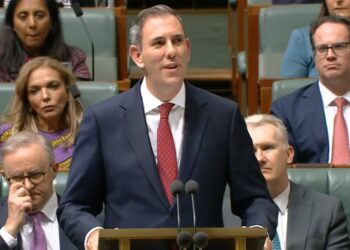In a recent LinkedIn article, imac Legal and Compliance principal lawyer Ian McDermott said the case between the corporate regulator and NSG Services Pty Ltd offers many “salient lessons for what not to do in an advice business”.
One of those relates to the need for advice firms to have robust processes.
“They should be designed to facilitate proper fact-finding and consideration of all relevant factors,” he said.
“They should not be designed ostensibly as a ‘sales process’ that seeks to corral clients into products as soon as possible. They should promote engagement and understanding, not uniformed decision-making.”
Mr McDermott also believes the court case highlights the need for licensees to better manage conflicts of interests, particularly within commissions.
ASIC told ifa earlier this month that it was NSG’s commission-based model that created a culture that led to breaches of the best interest duty.
“NSG, by its various processes, created a sales environment that is not consistent with a professional’s obligation to always put their client’s interests first,” Mr McDermott said.
“It is imperative that a licensee identify all potential conflicts that could impact on or influence the advice process or any part of it. Once identified, licensees need to effectively manage those conflicts.”
Licensees must also have procedures for advisers to investigate more than one product as well as monitor its authorised representatives.
Finally, Mr McDermott believes advice firms should never make ASIC a promise that they can’t keep.
“In NSG’s case, it told ASIC that it was going to do a number of things, including reporting certain behaviour as significant breaches, taking on additional compliance resources and undertaking various other compliance related activities,” he said.
“It did not do any of those things. Needless to say, NSG made life considerably harder for itself.”



